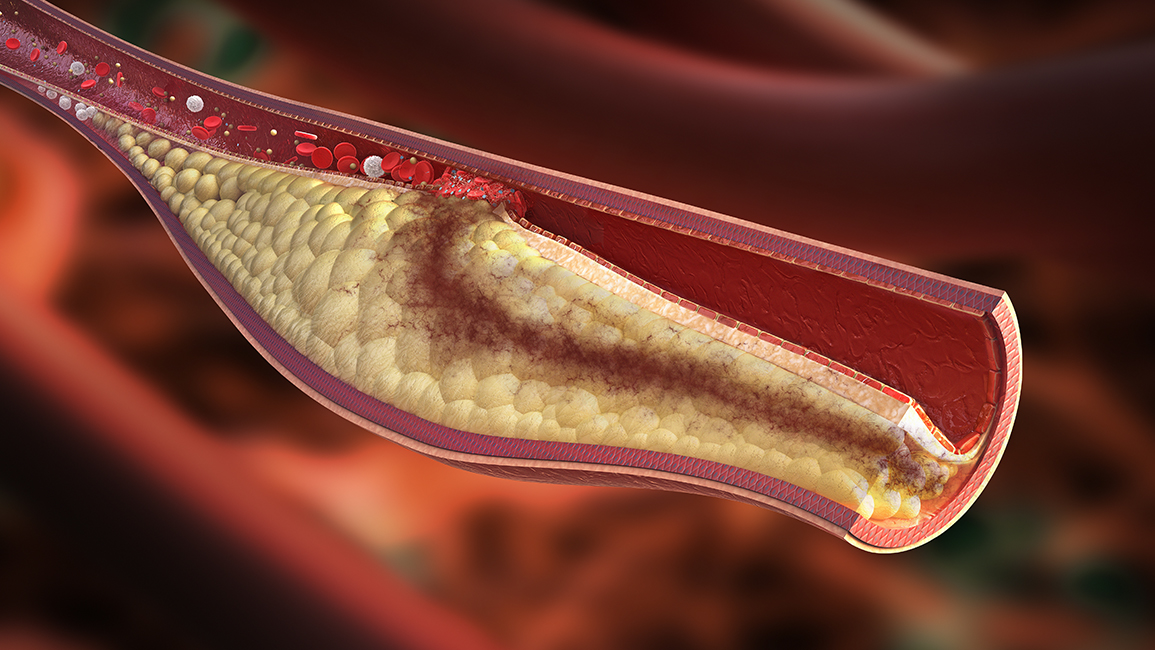Dyslipidemia
Center : Internal Medicine Center

Dyslipidemia occurs when someone has abnormal levels of lipids in their blood. Dyslipidemia is an abnormal amount of lipids, The two main types of fat are
- Low Density Lipoprotein
- Cholesterol
- Triglyceride
- High Density Lipoprotein - High HDL level picks up excess cholesterol in the blood and takes it back to your liver where it's broken down and removed from a body. Levels above 200 mg/dL are considered high and it can mean that you are at greater risk for developing Atherosclerosis (hardening of the arteries). Your HDL is considered low if it's below 40 mg/dL.
The primary cause of dyslipidemia
- Gene abnormalities slow the metabolism and cause the Disorders of metabolism.
- The non-chronic disease such as diabetes, liver disease, Thyroid, Alcoholism or keep taking medication over a long period of time such as Diuretic, Antihypertensives can cause dyslipidemia.
- Consuming high fat such as fat, milk, butter, egg, oyster, shrimp
- Stress, smoking
Treatment
- avoid foods that contain cholesterol, especially fat, milk, egg, oyster, squid, shrimp
- Use vegetable oil instead of animal fat
- Use cooking methods as steaming, boiling, baking instead of deep-fried or stir fried.
- Regularly exercise for 20-30 minutes for at least 3-4 times per week
- Avoid smoking to reduce the risk factor for Coronary Artery Disease.
- Weight control not to exceed overweight
Non-chronic disease patient (Diabetes, Genetic disorder, Endocrine disorder) is recommended to follow the doctor’s suggestion.
Protection
Annual check-up is recommended for patient at age 35 years above, Blood sugar test must be done every 1-2 years. If your family member has medical record of Ischaemic heart disease and consecutively smoke 10 cigarettes per day. However, if you have other non-chronic disease as well you are suggested to do blood sugar test every 6 months. To detect the cholesterol in blood, you must refrain from eating food or drink for 12 hours prior the test. Moreover, during the week before testing, keep eating healthy diet keeping blood sugar levels stable.
High blood pressure dangers
Hypertension gradually increases the pressure of blood flowing through your arteries. It will block blood flow and cause the narrowed arteries. It may also cause Myocardial infarction, heart failure, pralysis or lead to death.
Online Consultation
Free of Charge
Article of Internal Medicine Center
What you need to know before, during and after receiving a Covid-19 vaccine





